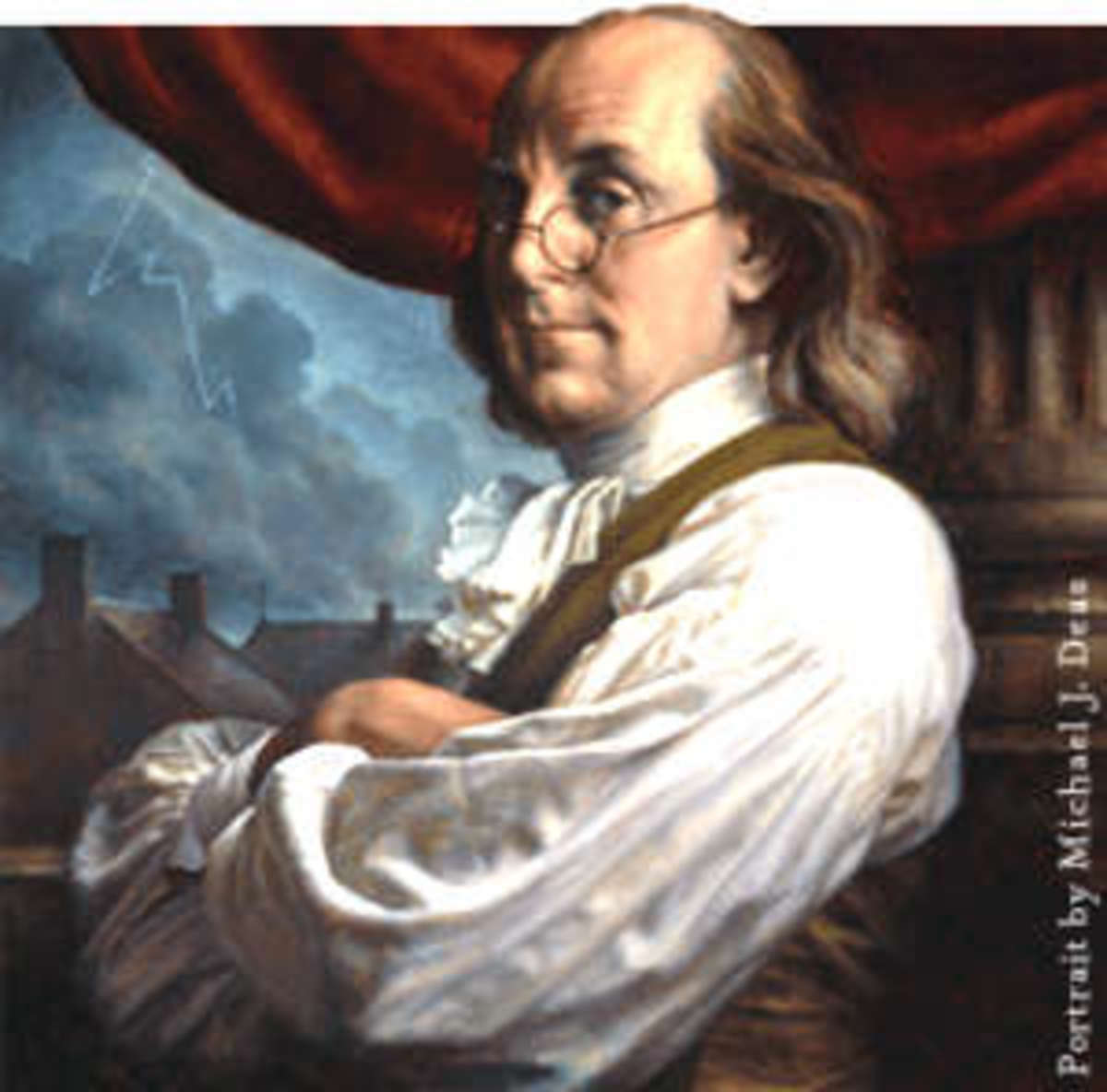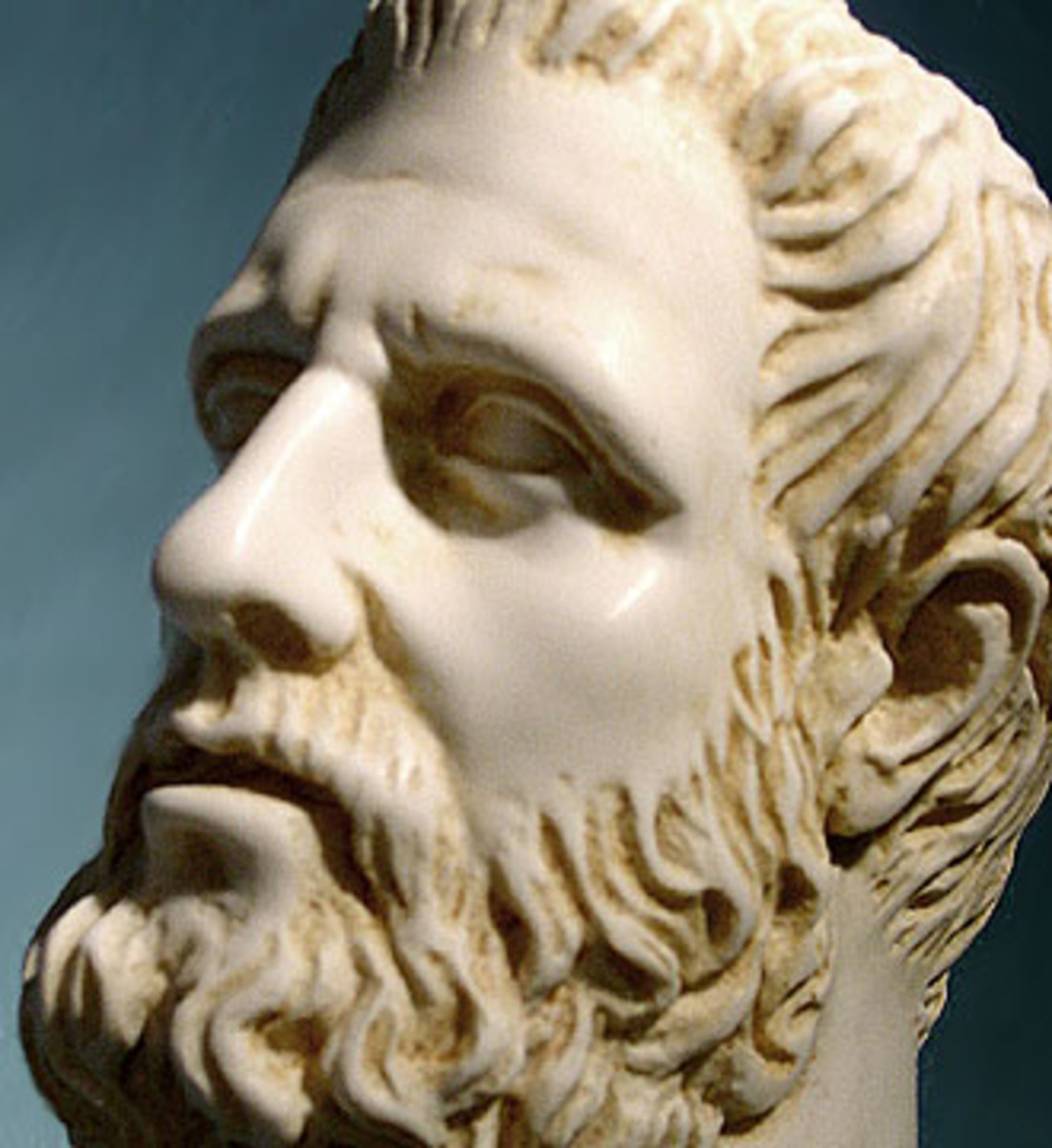Benjamin Franklin's and Benjamin Rush's Contributions to Psychiatry
Two Founding Fathers Aided Individuals with Mental Illness
Two signers of the Declaration of Independence played a contributing role in the development of psychiatry in America and in providing freedom to individuals with mental illness. These two founding fathers were Dr. Benjamin Rush and Dr. Benjamin Franklin (a man who seemed to have his finger in every activity in Colonial and Revolutionary War America).
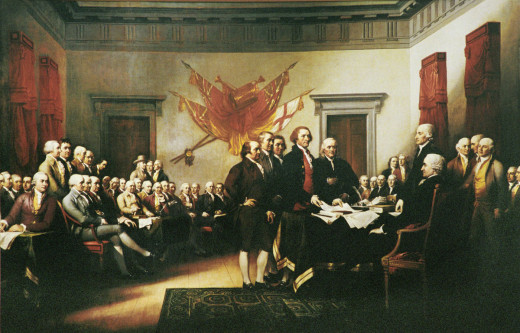
What were Psychiatric Institutions Like During the American Colonial and Revolutionary Period?
During the colonial period in America, psychiatric patients were treated as criminals. They were often shackled with iron collars that held them flat against the walls of dark, unlit cells There was little room for movement. Sometimes, in addition, iron hoops help the patient's waists, hands, and legs chained. These chains allowed the patients just enough movement to eat out of bowls, but not enough so that they could lie down at night. Knowledge about human nutrition was limited and since these people were considered animals anyway, the food they received was often inadequate. Cells were never cleaned and furnished only with straw. Patients were subjected to the accumulation of human excrement odor. No heating or cooling was provided in the cells. No one visited the cells except at feeding time and any resemblance of humanity not to mention compassion was lacking.
The first hospital in the United States built exclusively for mental patients was the Public Hospital in Williamsburg, Virginia, and constructed in 1773. Initially, the treatment of mental patients in the United States was no better than what was offered by European institutions, however, a philosophy developed involved the belief that the patients needed to choose rationality over insanity. Treatments aggressively aimed at restoring a “physical balance in the body and brain.” The techniques, though based on the scientific views of the day, were designed to intimidate patients. They included powerful drugs, water treatments, bleeding and blistering, electric shocks, and physical restraints. A violent patient could be plunged into ice water or a despondent patient dunked into hot water; hysterical patients could be given drugs to exhaust them. Patients were also bled to drain "harmful" substances from their bodies.
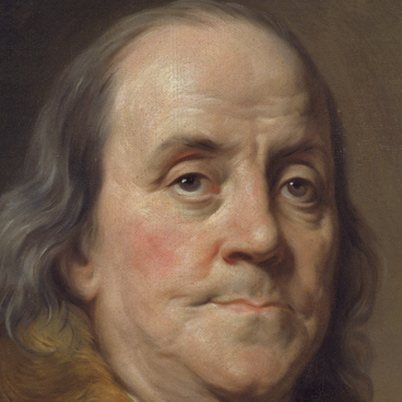
Dr. Benjamin Franklin
Many of us have heard of Benjamin Franklin's contributions to Philadelphia's culture by being Pennsylvania's first postmaster general, establishing the first fire department, and the first library in the colonies. In addition, we are all aware of Franklin's contribution toward the Declaration of Independence and the Constitution, but most of us have no idea of Franklin's contributions to psychiatry. Most of us have never heard that in 1756 Franklin also provided some cells or wards for mental patients. at the Pennsylvania Hospital.
Most of us know about Franklin's experiments with electricity. We all heard about his kite flying during an electric storm and how this influenced physical science. What most of us have not heard is that his experiments with electricity were some of the world's first efforts to study the effects of electric shock in treating mental illness. He gained this insight when he observed that severe shock altered memories and that it could be used by individuals with melancholia (depression).
He published articles that described his experiment and encouraged other doctors to study this treatment method. Later, his friend, a physician, Jan Ingenhousz, had a similar incident following a shock that he experienced. He also believed that clinical trials should be studied concerning this phenomenon as a treatment for depressed patients.
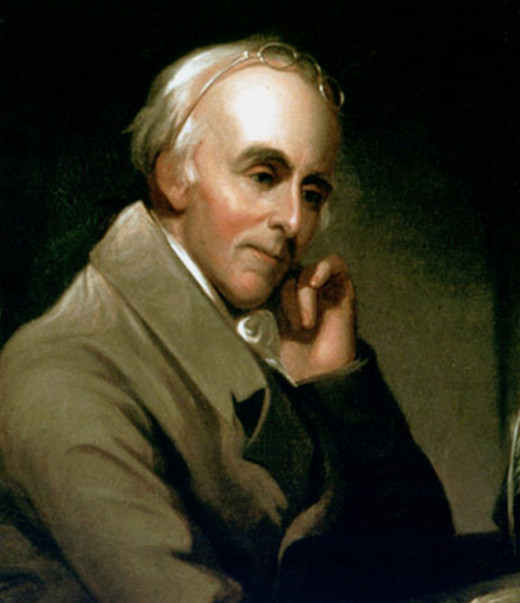
Dr. Benjamin Rush
Doctor Benjamin Rush (1745–1813) signed the Declaration of Independence as well and was the founder of American psychiatry. , the founder of American psychiatry. While he was associated with the Pennsylvania Hospital in 1783, Rush encouraged more humane treatment of the mentally by using some of the moral management based on Parisian Phillippe Pinel's humanitarian methods to treat the mentally disturbed. Like Pinel, he unshackled residents and ended the practice of displaying patients to the public for an admission charge. He established the idea that staff and patients should interact as normally as possible, involving patients in discussions of their problems. He encouraged patient activities that were designed to foster social skills and self-control. He wrote the first systematic treatise on psychiatry on the western side of the Atlantic (1812). He also established the first American college course in psychiatry. Rush, however, was not totally sold on the new ideas. Unfortunately, his medical theory was infected with astrology. The magical powers of Mesmerism were introduced and intrigued Rush, with speculations about its higher mental powers and its potential application as an anesthetic for surgical procedures. In addition, his principal remedies were bloodletting and purgatives. Also, he designed and used a device called “the tranquilizing chair,” which was probably more like a torturing device than it was an instrument for creating tranquility. Rush believed the chair would lessen the force of the blood on the head while the muscles were relaxed. However, Rush was an important transitional figure between the old and new eras. He is not only considered one of our country's founding fathers but is also considered the Founding Father of American Psychology.
This content is accurate and true to the best of the author’s knowledge and is not meant to substitute for formal and individualized advice from a qualified professional.
© 2013 Cygnet Brown




